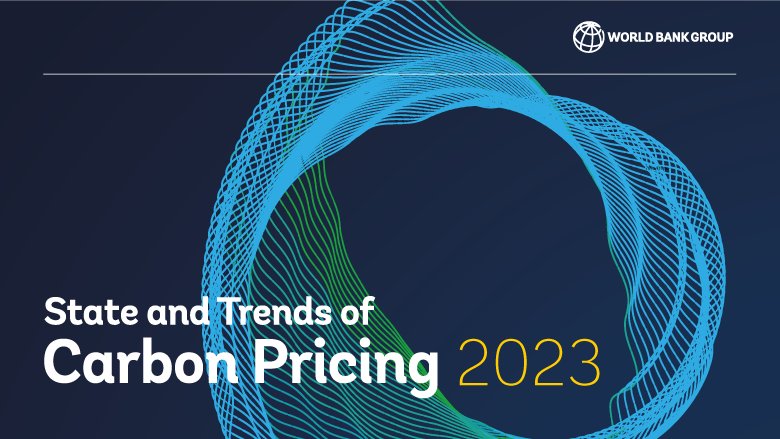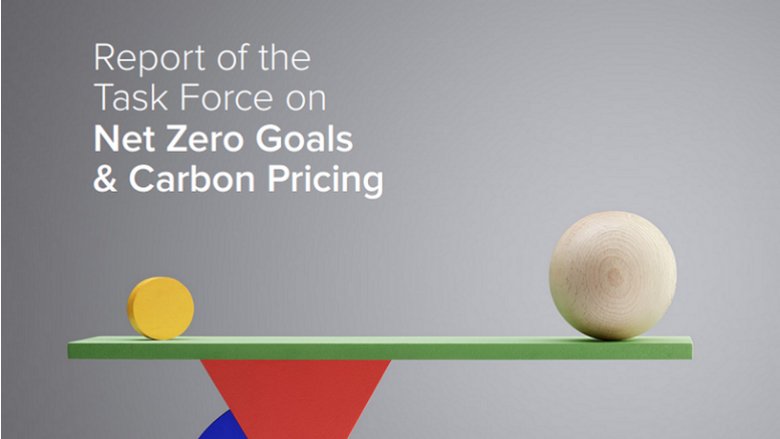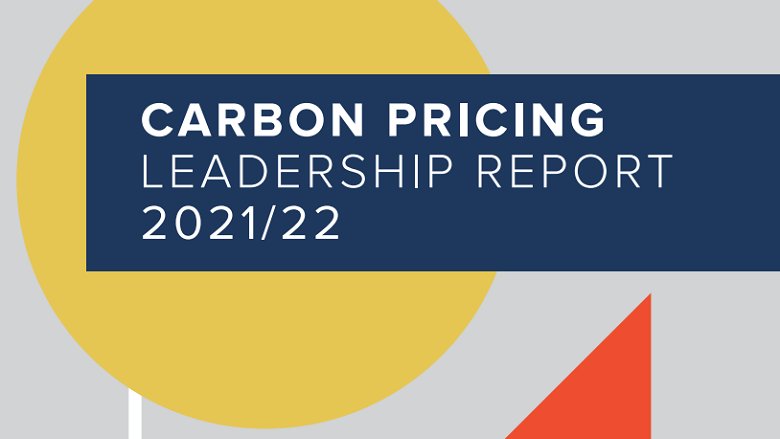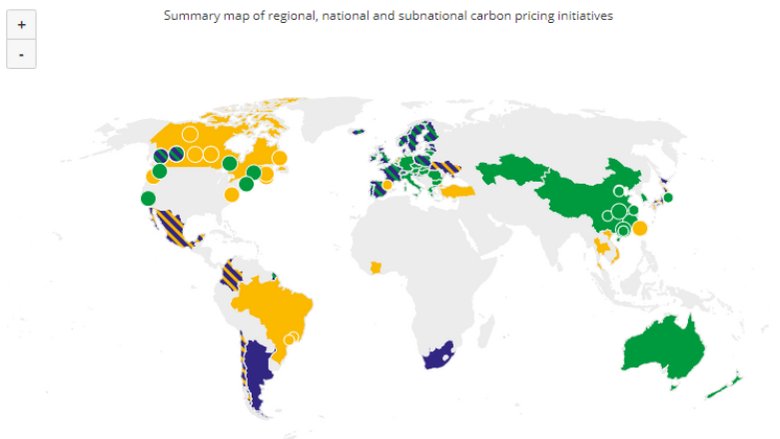Climate change is one of the greatest global challenges of our time. It threatens to roll back decades of development progress and puts lives, livelihoods, and economic growth at risk.
Climate impacts are going from bad to worse. The most recent IPCC report makes clear that the impacts of warming are already deadly and disproportionately affect the world’s poorest and most vulnerable. There is a rapidly closing window of opportunity to tackle climate change.
The economic arguments for action are also compelling. Action now can open doors to opportunity, as the Adding Up the Benefits, New Climate Economy and Risky Business reports all reflect. Delaying action, will only raise the costs.
Carbon pricing is critical to scaling up climate action. The World Bank Group’s Climate Change Action Plan, 2021-2025 highlights that appropriately pricing carbon is needed to incorporate climate change costs into economic decision-making. Carbon pricing creates an incentive to reduce carbon emissions and can help raise revenues in an efficient and less distortive way than alternative sources.
The choice of carbon pricing instrument depends on the policy objectives and national circumstances. And carbon pricing is not a silver bullet. It is only effective as part of a broader arsenal of tools to achieve domestic climate targets. Policy instruments and investments (for example, in public transport, power transmission infrastructure) are needed to complement carbon pricing and to enable consumers to respond to higher prices by switching to lower emission alternatives.
The most successful carbon pricing instrument will be the one that can be enduring. This requires several elements, including political support, institutional capacity, effective communication, and inclusive stakeholder engagement. Complementing carbon pricing with support for negatively impacted stakeholders to ensure just transition, together with effective communication, are important elements of success.
Countries are increasingly adopting carbon pricing, but current scale of carbon pricing remain inconsistent with national and international climate objectives. Negotiating to establish minimum carbon prices among major global players would reduce the competitive pressures that diminish ambition in unilateral contributions and support increasing carbon prices gradually in ways consistent with climate targets. Such an agreement would need to be well coordinated, reflect equity and political economy considerations, and be transparent in its design and implementation.




